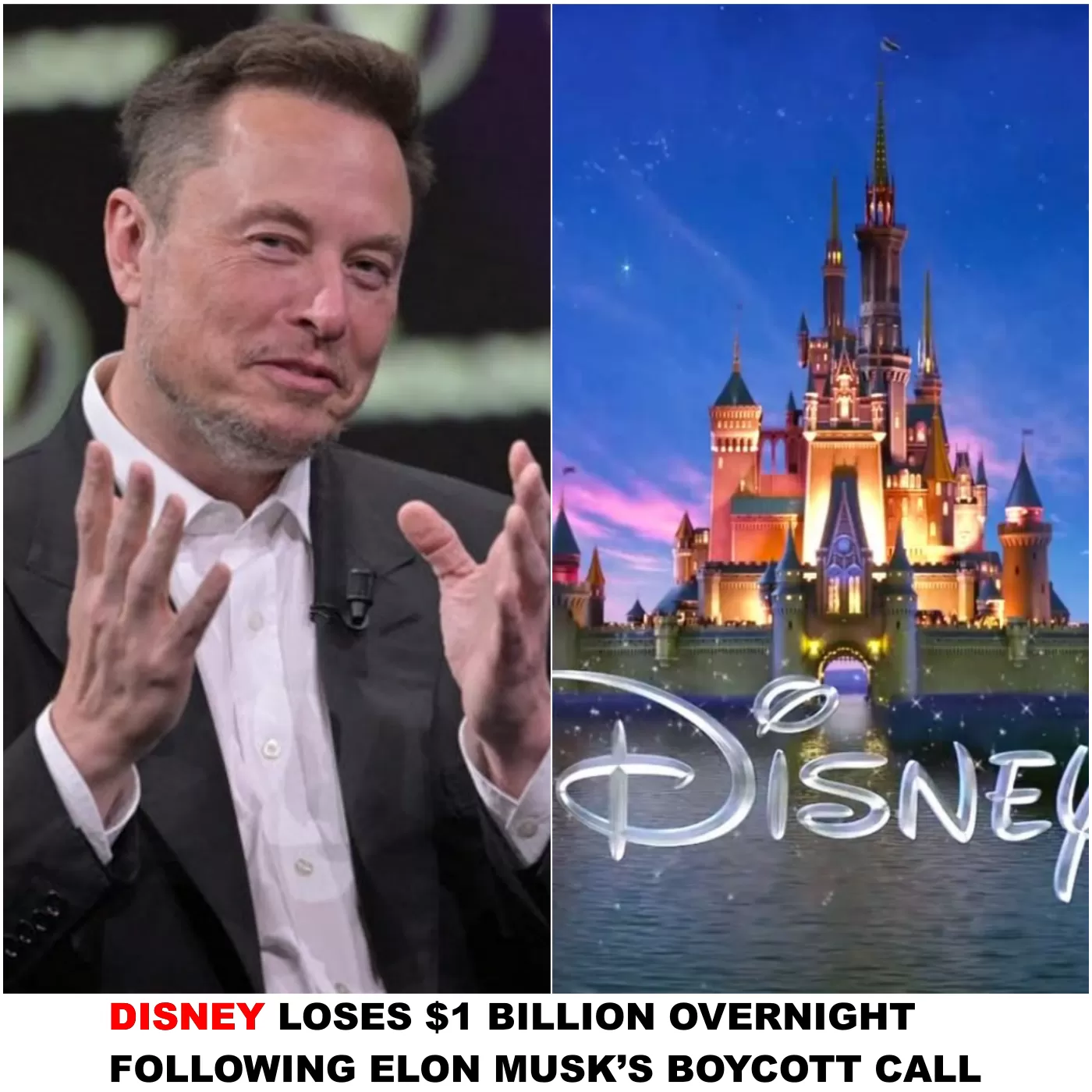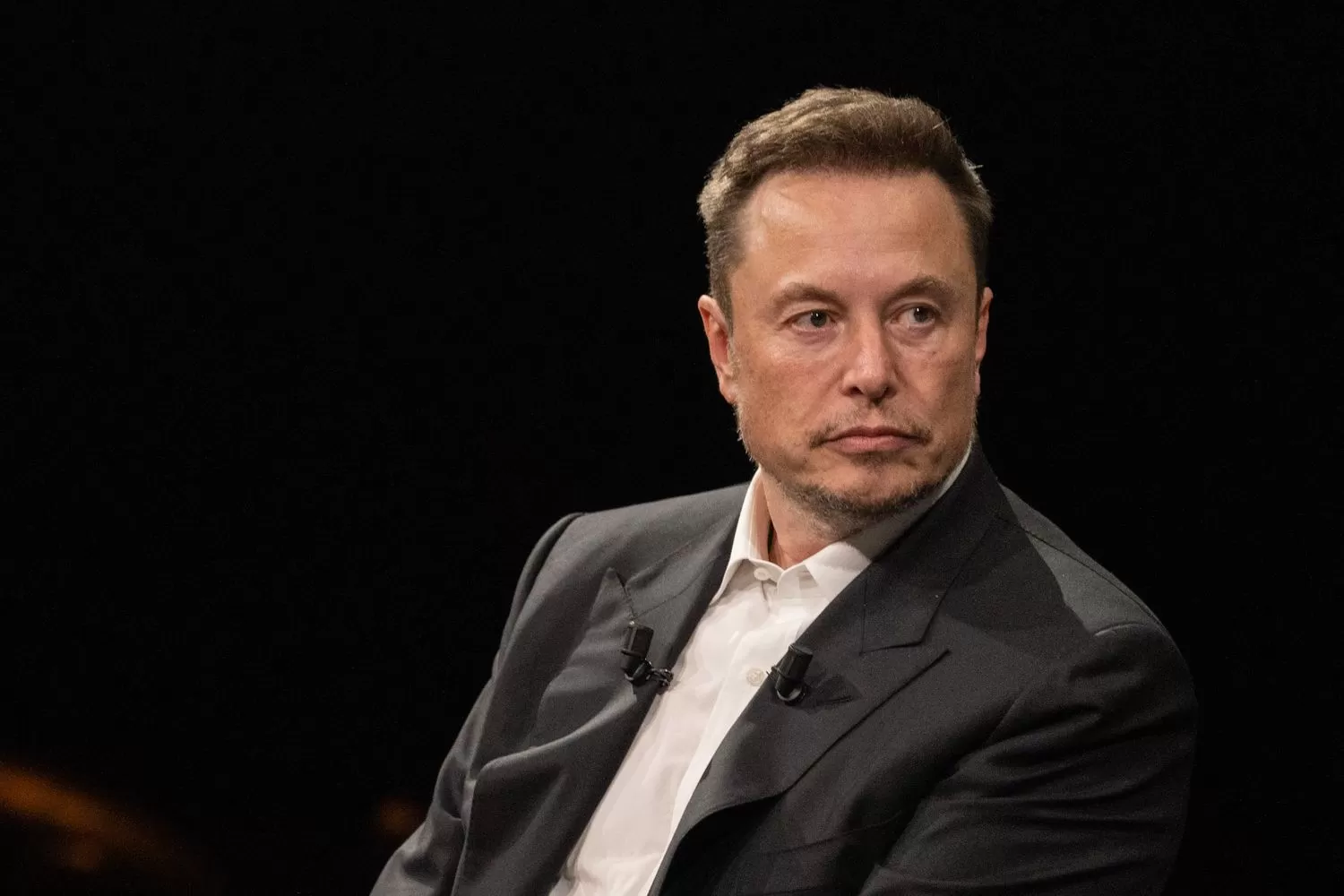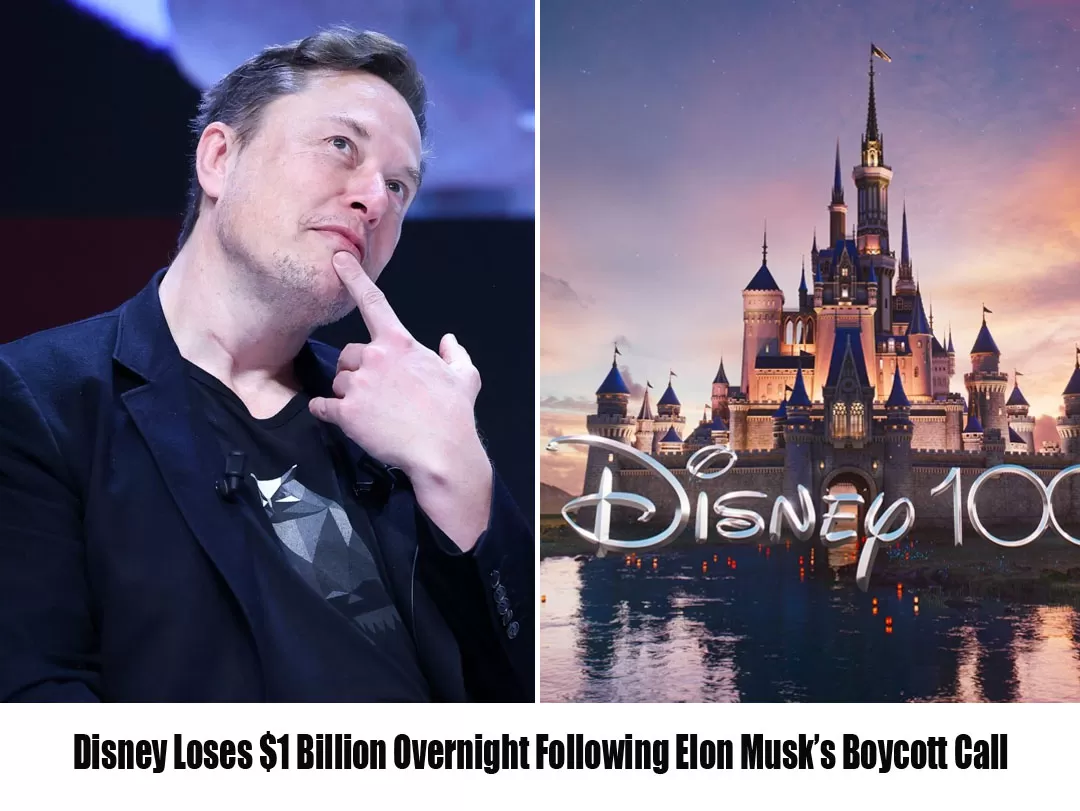Disney Loses $1 Billion Overnight Following Elon Musk’s Boycott Call
In a dramatic turn of events, Disney has experienced a staggering $1 billion loss overnight following a boycott call from tech magnate Elon Musk. The abrupt financial hit has sent shockwaves through the entertainment industry and highlighted the influence of high-profile figures in shaping public opinion and consumer behavior. Read More

The controversy began when Elon Musk, CEO of Tesla and SpaceX, took to social media to express his dissatisfaction with Disney’s recent business practices and content direction. Musk, known for his outspoken and often provocative statements, accused Disney of pushing a “woke agenda” that he believes is alienating a significant portion of its audience. His call for a boycott resonated with millions of his followers, many of whom share his views on political correctness and corporate responsibility.

The financial impact of Musk’s boycott call was immediate and severe. Within hours, Disney’s stock price plummeted, wiping out $1 billion in market value. Investors reacted swiftly to the potential loss of consumer confidence, fearing long-term repercussions on Disney’s profitability and brand reputation. The dramatic drop underscores the volatile nature of the stock market, where public sentiment can drastically influence financial outcomes.
Disney has responded to the boycott call and subsequent financial loss with a measured approach. In a statement, a company spokesperson said, “We respect the diverse opinions of all our audience members and remain committed to creating content that reflects a wide range of perspectives. Our focus continues to be on storytelling that entertains and inspires.”
Internally, there are reports of urgent meetings among Disney executives to strategize a response to the boycott and address the concerns raised by Musk and his followers. The company is also likely to engage in extensive public relations efforts to mitigate the damage and reassure investors and consumers.
Industry and Public Response
Elon Musk’s influence is evident in the swift and sizable financial impact of his boycott call. His position as a leading figure in the tech industry, combined with his massive social media following, gives his opinions significant weight. This incident has prompted discussions about the power dynamics between influential individuals and major corporations.
Supporters of Musk’s stance argue that his call for a boycott is a legitimate form of consumer activism, pushing corporations to be more accountable to their audience. They believe that Disney’s focus on progressive values has alienated traditional viewers, and Musk’s intervention is a necessary wake-up call.

Conversely, critics contend that the boycott is a reactionary move that undermines efforts to create a more inclusive and diverse media landscape. They argue that Musk’s position reflects a resistance to social progress and that Disney’s initiatives are in line with evolving societal norms.
The fallout from this boycott extends beyond Disney, raising important questions about corporate responsibility, consumer influence, and the role of public figures in shaping market dynamics. As companies navigate an increasingly polarized social environment, the ability to balance diverse audience expectations becomes more challenging yet crucial.
For Disney, the immediate priority is to stabilize its stock price and rebuild consumer confidence. This may involve reassessing their content strategy, enhancing communication with stakeholders, and reinforcing their commitment to a broad and inclusive audience.
Related Posts

Jennifer Lopez announces her child, 16, is non-binary during performance

The transformation of Joan Van Ark: From star on ‘Dallas’ and ‘Knots Landing’ to loving mother and wife
